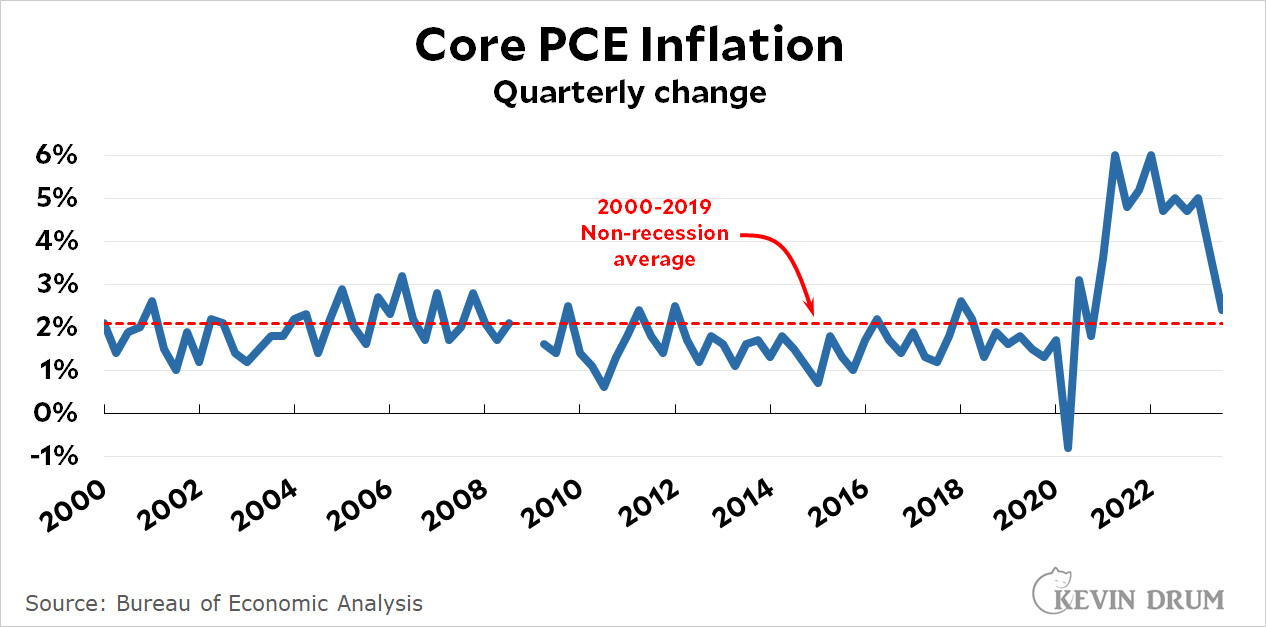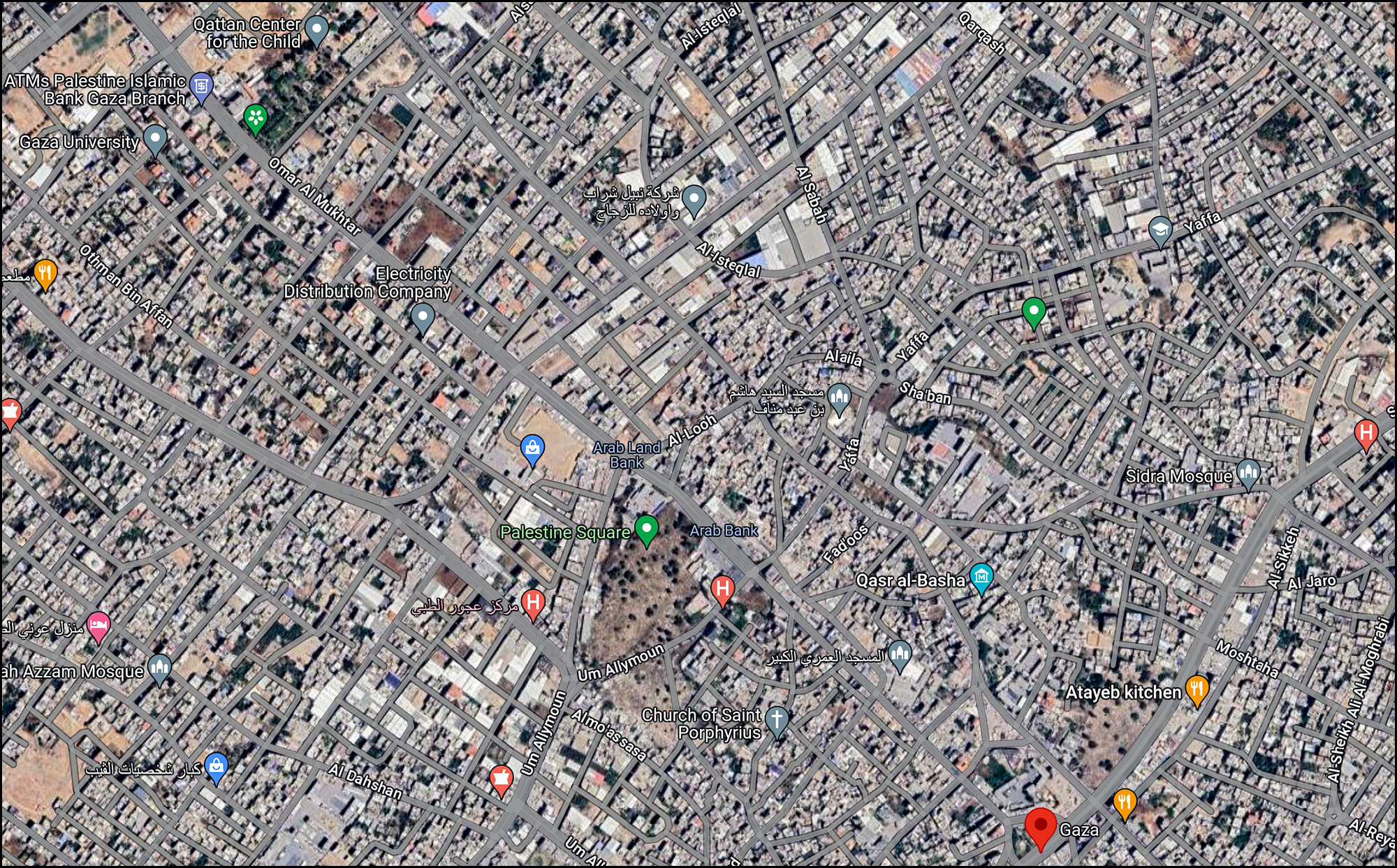Who's responsible for the mess in the Middle East? You can go back as far as you want, of course, if you want to blame Theodor Herzl or Arthur Balfour or the United Nations or the Ottoman Empire. But if we stick to relatively recent history, the answer lies with one reckless man and a now-forgotten controversy.
In the same way that Quemoy and Matsu were famous for a while in the early '60s, the Strait of Tiran was famous for a decade or so between 1956 and 1967. Here's the situation in Israel starting with independence in 1948:
 Shipments to and from Israel were blocked by Egypt from transiting the Suez Canal. Since the surrounding Arab countries had all implemented a comprehensive blockade on trade with Israel, this left them with no trade avenues outside the Mediterranean.
Shipments to and from Israel were blocked by Egypt from transiting the Suez Canal. Since the surrounding Arab countries had all implemented a comprehensive blockade on trade with Israel, this left them with no trade avenues outside the Mediterranean.
There was only one other option: the original UN partition of Israel had included a few miles of coastline around the town of Eilat on the Gulf of Aqaba. For Israel's first few years this didn't matter much: Eilat was in the far south of the country and there was no port there and no good rail or road connections from the Gulf to the rest of the country. So in 1952 Israel started building a port at Eilat.
In 1956 the port opened, and this brings us to the reckless man: Gamal Abdel Nasser, who had assumed control of Egypt a few years earlier as a saber-rattling pan-Arab nationalist. In July he blockaded the Strait of Tiran, which prevented cargo getting to or from Eilat—including oil from Iran. Israel launched a retaliatory strike against Egypt, with assistance from Britain and France, who were angry about Nasser's concurrent nationalization of the Suez Canal. This was the Suez Crisis.
The crisis ended when all three countries withdrew from Egypt and the Tiran Strait was reopened with UN troops overseeing things from Sharm El-Sheikh. Over the next few years Israel tried to negotiate some kind of agreement to allow Israeli goods to transit the Suez Canal, but eventually gave up. This left the Strait of Tiran as their only outlet to India, Iran, and the Far East.
Within a decade 90% of Israeli oil was coming through the Strait and Israel had made it clear that it considered a blockade of the Strait to be an act of war. But Nasser was mercurial, seeking peace and planning war depending on his mood. In 1964 he created the PLO, and by 1967 he had been itching for some time for a war that would destroy Israel once and for all. In May he ejected UN troops from Sharm El-Sheikh and blockaded the strait in full knowledge that it would trigger a war.
It did, and by the time it ended Israel controlled both Gaza and the West Bank (and the Sinai peninsula, which provided control of the Strait of Tiran). In 1973 Egypt launched another war against Israel, and it was after that war that Israel began building settlements in earnest on its occupied territory.
The 1973 war was launched after Nasser's death, but it was the 1967 war that shaped the next half century. Israel eventually returned the Sinai to Egypt and signed a peace treaty, but Nasser's lasting legacy was permanent Israeli control of Gaza and the West Bank.
It's fair to say that Israel and the Arab world had plenty of hostility before 1967, but it's Israeli control of the West Bank and Gaza that has truly made the Middle East what it is today. And that's all thanks to Nasser and the Strait of Tiran.



